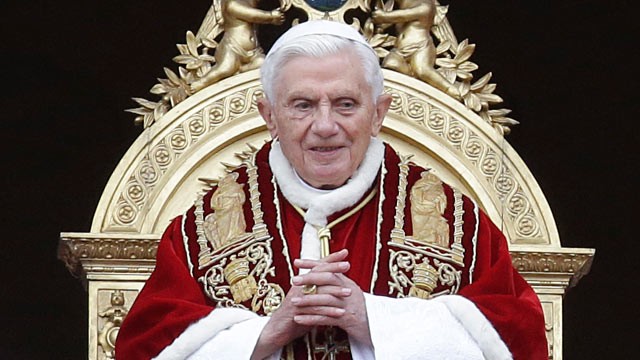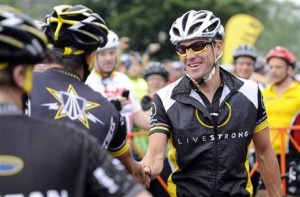There are a lot of good people out there who deal with brutal medical situations that make them outcasts. There’s the depression I’ve covered extensively here. And there are things like being transgender. But if you’re behind bars for murder, should taxpayers be paying for your treatment?
Mood music:
[spotify:track:44XvCIXl5rqHGAWcAS2I2i]
Depression is a simpler example. If antidepressants can make a convict well enough to better serve the prison community where he or she is doing time, I’m for it. Maybe their crimes were so bad they should never get out. But if taxpayer-funded treatment means they can become well enough to counsel inmates who aren’t there for life, it’s a win in my book. At the least, it’s better to put them to work keeping the prison running than to let them take up space as useless blobs.
When the convict is transgender and wants a sex change, the picture gets a lot muddier. Take the case of Michelle Kosilek, a convicted murderer formerly known as Robert Kosilek.
U.S. District Judge Mark Wolf recently ordered state prison officials to provide Kosilek — serving a life sentence for killing his wife in 1990 — with a taxpayer-funded sex change. Wolf ruled that surgery is the “only adequate treatment” for Kosilek’s “serious medical need.” In his 126-page ruling, the judge said, “The court finds that there is no less intrusive means to correct the prolonged violation of Kosilek’s Eighth Amendment right to adequate medical care.”
Check out Boston.com for more details on the case.
I’ve seen a lot of outrage over this in the usual online places (Facebook, etc.). At first, I was a little outraged. This guy made a choice to receive the hormonal treatments that have helped him become a transgender being. Should we taxpayers be paying for his personal choice to become a woman?
Like depression, being a transgender can debilitate the inmate, which means he’s not doing what we tend to picture prisoners doing, such as making license plates and mopping floors. Wouldn’t it be better to “cure” Kosilek and put him (or her) to work?
I’m having trouble seeing how this medical problem was beyond Kosilek’s control. He chose to become a woman. But the more I think about it, the more I remember that many medical conditions are the result of the choices we make. Many heart conditions started with the sufferer choosing to eat junk and smoke. If you have something like Hepatitis C, there’s a decent chance it came from the dirty needle you chose to stick in your arm.
Kosilek chose to become a woman and got hormonal treatments. Now he’s trapped between two sexes, an outcast. Of course, he became an outcast the day he decided to murder his wife.
In the final analysis, society has a choice to make.
Either we accept that the prison system runs on taxpayer dollars and, as such, inmates must receive free treatment for whatever ails them, or we decide prisoners really should rot to death in their cells.
I lean toward the first scenario. People end up in prison for many reasons. Some are rehabilitated and go on to rejoin and contribute to the good of society. Some will never get out but are too mentally gone to know right from wrong.
But the bigger issue is that American justice is supposed to be rooted in compassion. If someone murders another person, we can deny the murderer freedom for life. But as a compassionate society, we should also take care of them when they have medical problems, even if the problem sprung from bad choices.
Maybe it’s not fair. But doing the right thing isn’t always a matter of fairness.











